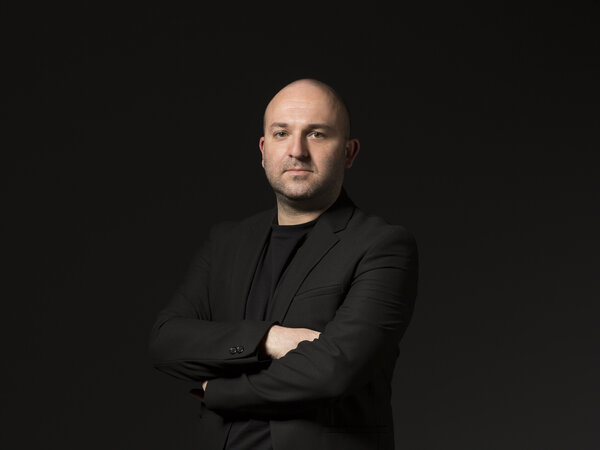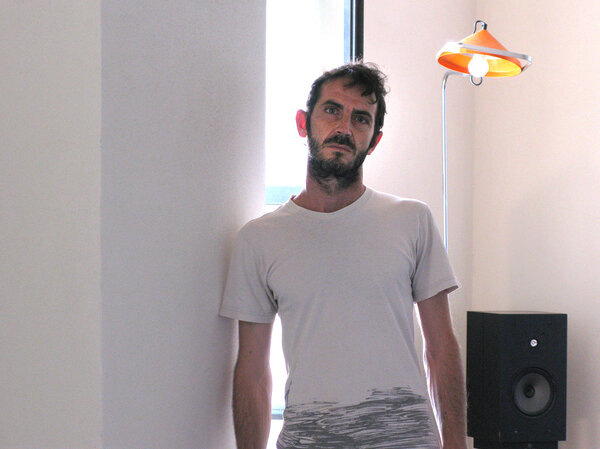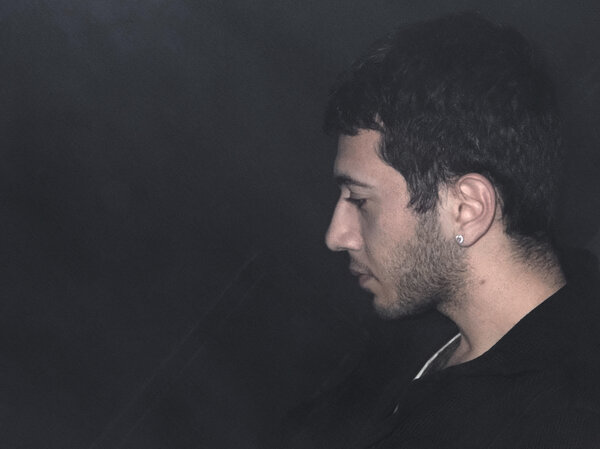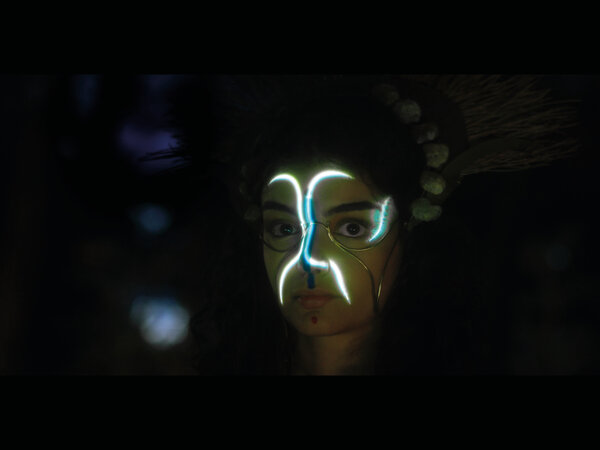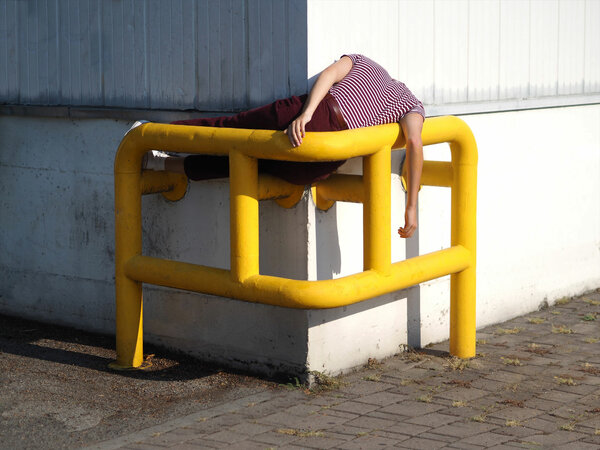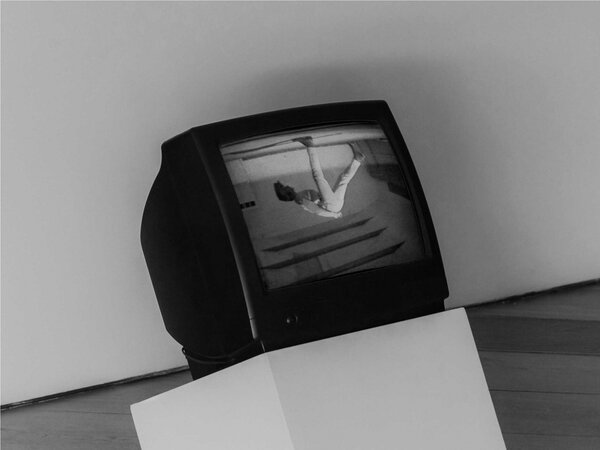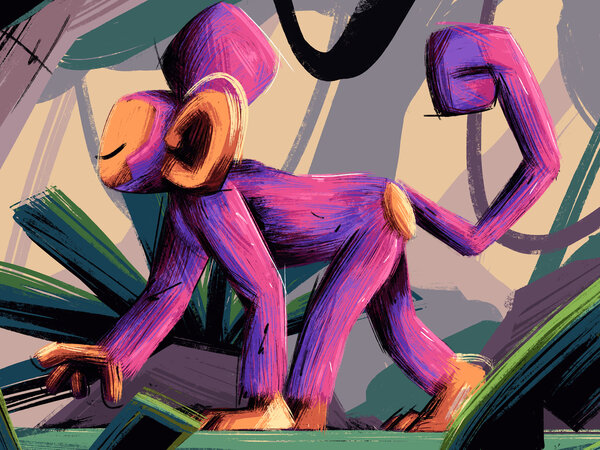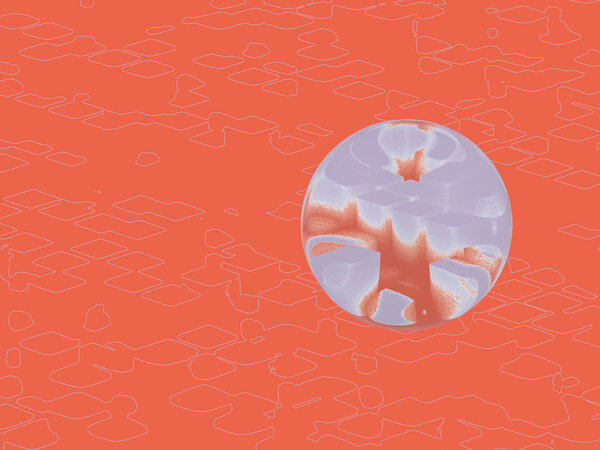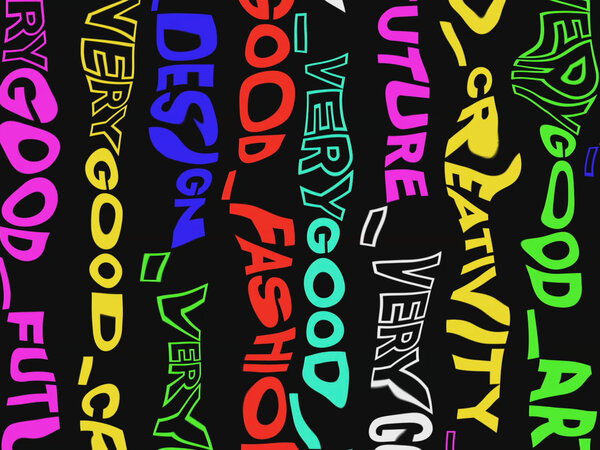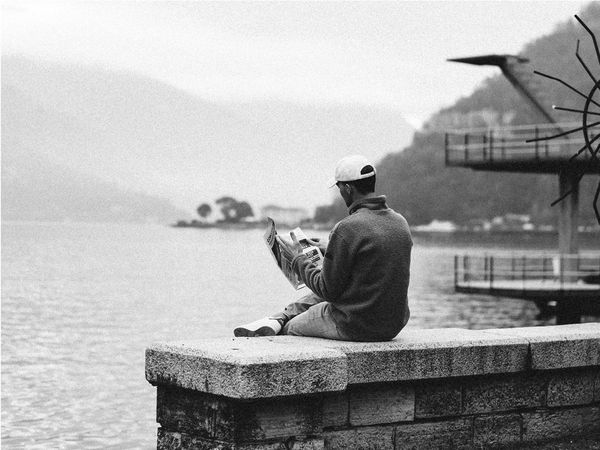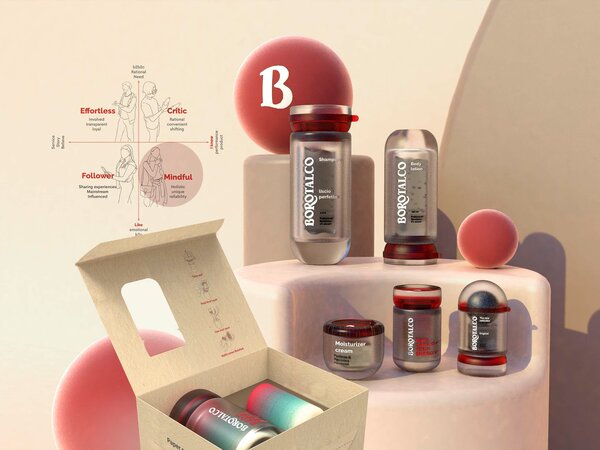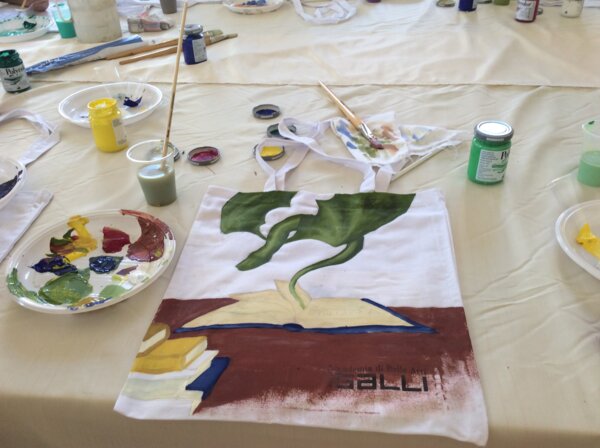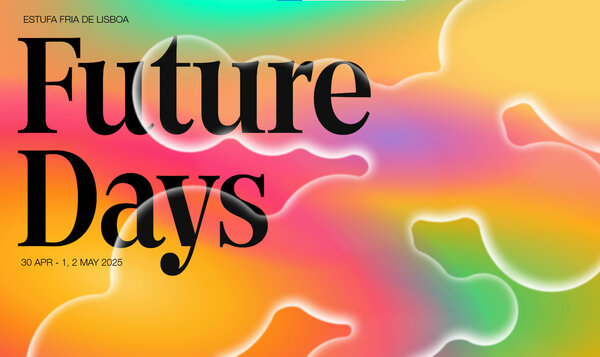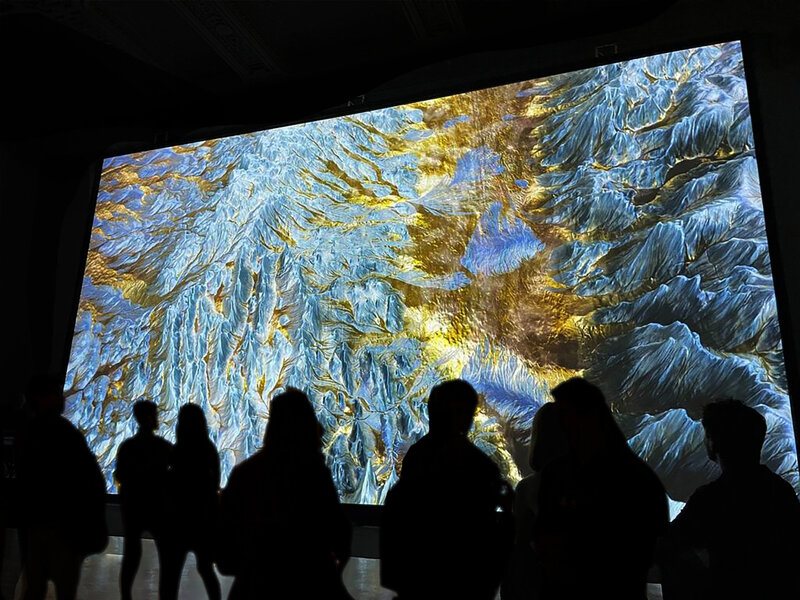
Immersive Spaces
ENG
Language
English
Start date
November 2025
Frequency
Full time
Fruition
On campus
Duration
1 Year
Course Coordination
Francesco Rosati
Price
19.400 €
Find out the current facilitations
Digital arts and advanced interactive technologies are no longer promises of the future; they are now intrinsic elements of contemporary reality. These tools continuously redefine the landscape of cultural production, challenging its capacity to adapt to both local and global demands.
Our Master’s in Immersive Spaces was designed to meet this ongoing transformation by providing training that integrates technical, creative, and managerial skills. The goal is to prepare professionals capable of developing immersive multimedia experiences in some of the most dynamic and innovative sectors—from cultural and artistic events to experiential marketing strategies for businesses.
Rome, with its rich historical and cultural heritage and its growing emphasis on digital arts, serves as a strategic and symbolic backdrop for the development of this programme. The city hosts internationally renowned festivals and events dedicated to the intersection of technology and contemporary art and stands out for the increasing interest of museums and cultural institutions in using innovation as a storytelling tool for artistic production. In this evolving ecosystem, new opportunities emerge for designing multimedia experiences that narrate stories of the past, present, and possible futures.
Throughout the programme, students acquire the skills to design and produce immersive multimedia experiences by blending audiovisual and interactive content with advanced technologies.
Students learn to use tools and techniques across various domains, including 3D modelling, programming environments and languages, physical computing, and game engines. These skills are vital for producing digital content, prototyping new devices or technological concepts, and developing interactive installations, as well as site-specific and virtual projects. Additionally, students explore theoretical and methodological aspects, deepening their understanding of the historical development of artistic, creative, and technological languages that merge art, architecture, brand communication, science, and design.
Through thematic workshops with real-world partners and sessions with industry professionals, the programme teaches students to apply their knowledge to progressively complex design projects. They learn to manage the entire creative and production process, from initial sketches to prototyping, production, and post-production of digital and interactive content.
This course prepares professionals to thrive in a rapidly growing and evolving market, positioning them within the diverse sectors of the cultural industry. Upon completing the Master’s programme, graduates can pursue careers as Technical Artists specialising in interactive systems, 3D Artists, Technical Art Directors, Interaction Designers, VJ Artists, or Creative Coders. They can work in multimedia design studios, advertising agencies, artist studios, or establish themselves as freelance designers.

